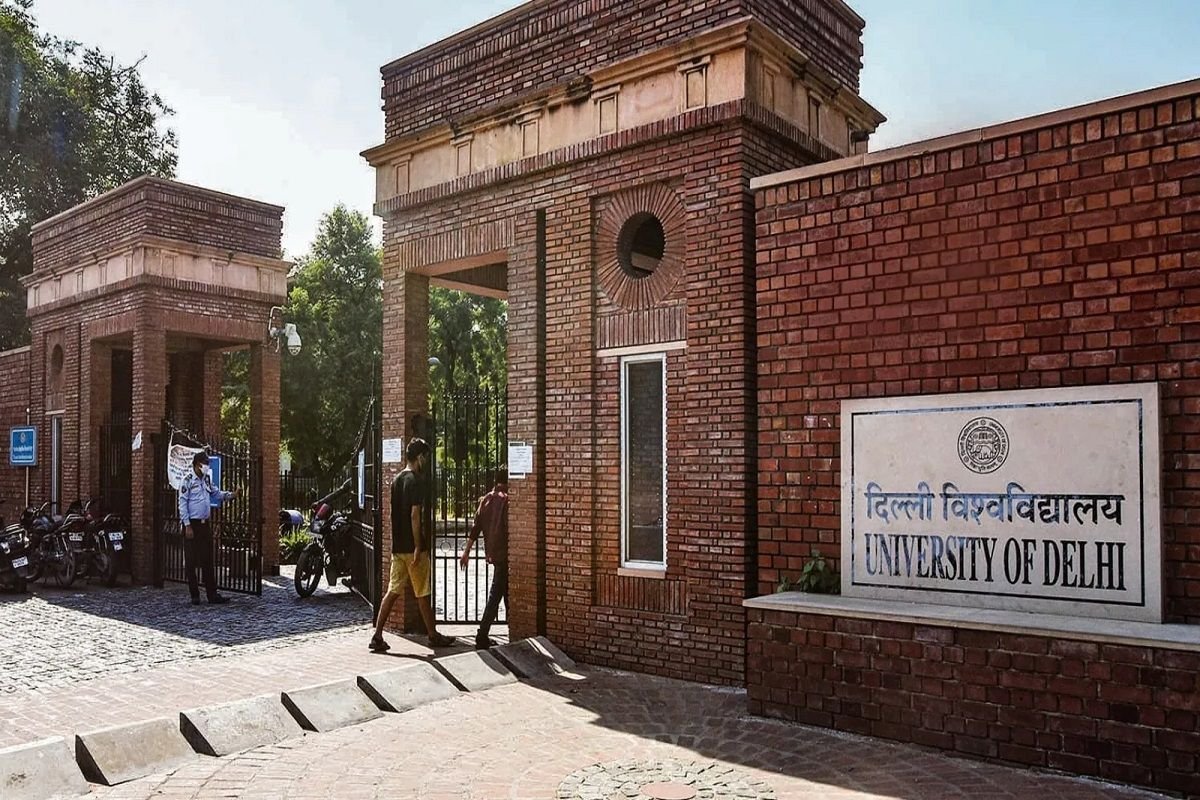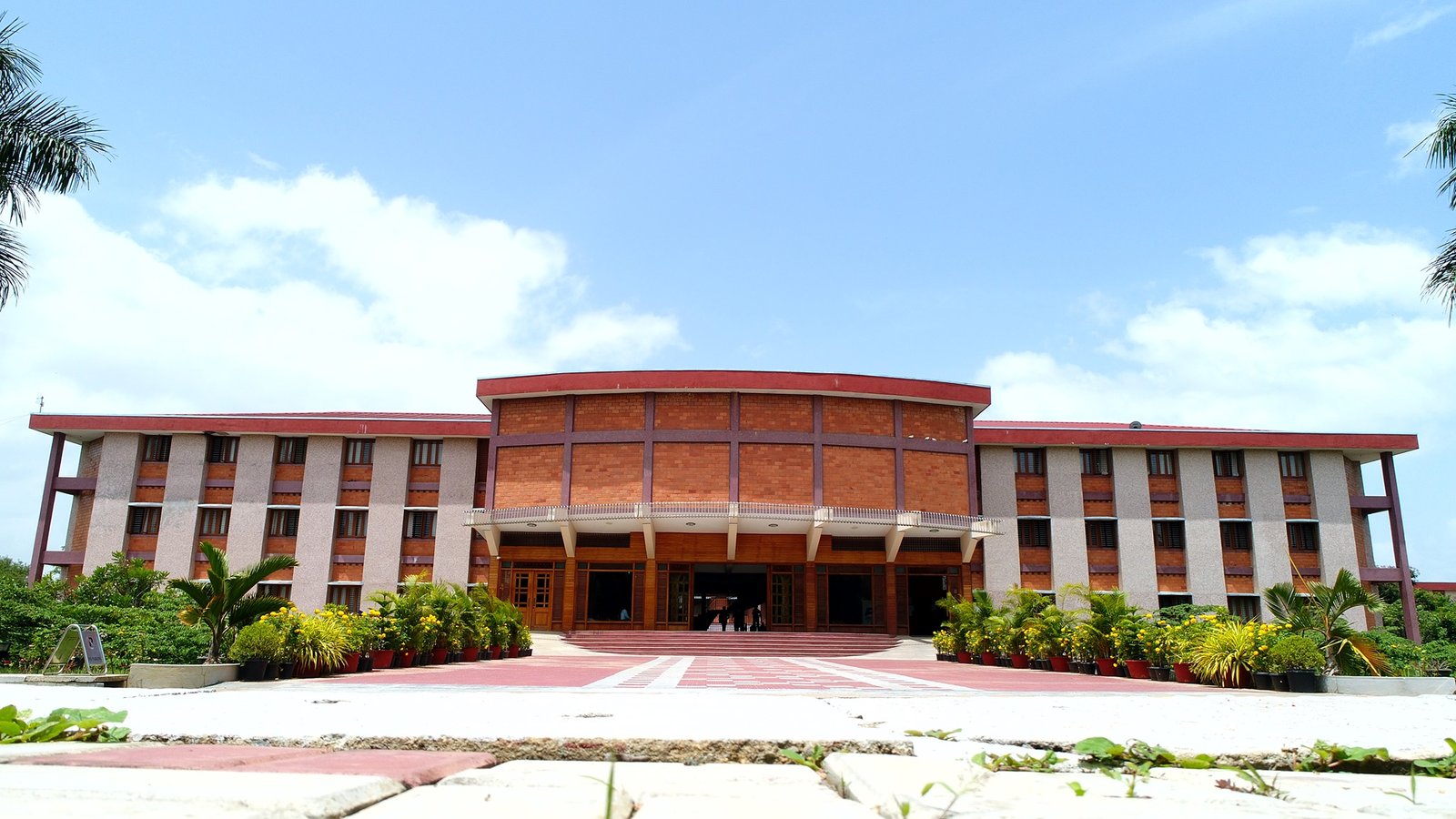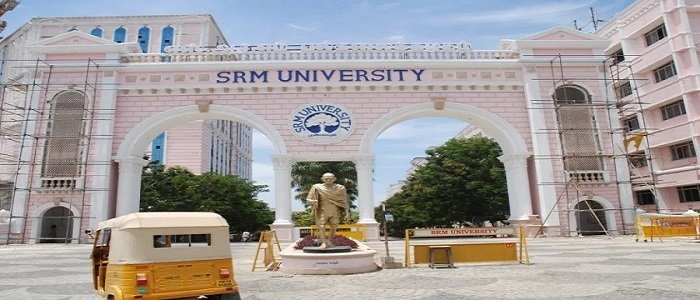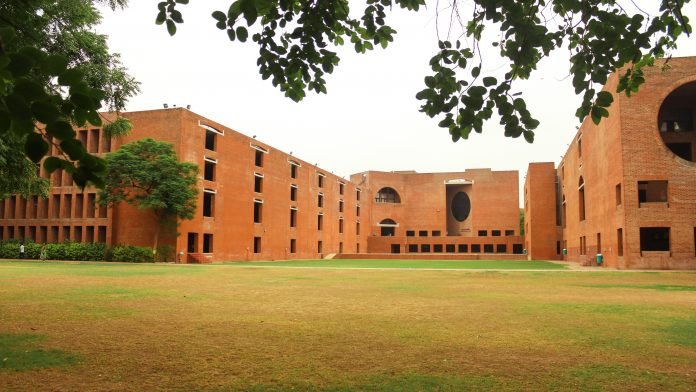Introduction
Delhi University, often referred to as DU, stands as a beacon of academic excellence and intellectual rigor in India. Established in 1922, this prestigious institution has played a crucial role in shaping the educational landscape of the country. Renowned for its diverse academic programs, vibrant campus life, and commitment to research and innovation, Delhi University has earned its place as a leading center for intellectual discourse and learning. This cover story delves into the founding reasons, vision, mission, and social impact of Delhi University, reflecting on its journey from inception to its current status.
Founding Reasons
Delhi University was established on 1st May 1922 by the Government of India, under the Delhi University Act of 1922. The primary reason for its founding was to create an institution of higher learning that would provide quality education and foster intellectual growth in the capital city of India.
During the early 20th century, there was a growing need for a comprehensive educational system that could cater to the increasing demand for higher education and support the country’s development. Delhi, being the political and cultural center of India, was identified as the ideal location for such an institution. The goal was to create a university that would not only offer diverse academic programs but also contribute to the intellectual and cultural enrichment of society.
Founders and Their Vision
The founding of Delhi University was spearheaded by a group of visionary leaders and educators who recognized the importance of establishing a premier institution of higher education. The key figures involved in the founding of the university included:
- Sir Maurice Gwyer: The first Vice-Chancellor of Delhi University, who played a pivotal role in shaping the university’s early policies and academic framework.
- S. Radhakrishnan: The renowned philosopher and educator, who was instrumental in setting the academic standards and vision for the university.
- Other Founding Members: A group of prominent scholars, administrators, and public figures who contributed to the establishment and growth of the university.
The vision of Delhi University was to create an institution that would provide a high standard of education, promote research and intellectual development, and contribute to the advancement of society. The founders aimed to establish a university that would foster a spirit of inquiry, critical thinking, and academic excellence.
Mission and Vision
Delhi University’s mission is “to provide quality education, foster research and innovation, and contribute to the holistic development of students, preparing them to be responsible and engaged citizens.” The vision of the university is “to be a leading institution of higher learning that excels in teaching, research, and community service, promoting intellectual growth and societal advancement.”
These guiding principles reflect Delhi University’s commitment to academic excellence, research innovation, and societal impact. The university aims to create a learning environment that encourages intellectual curiosity, critical analysis, and social responsibility.
Academic Excellence and Innovation
Delhi University offers a wide range of undergraduate, postgraduate, and doctoral programs across various disciplines, including humanities, social sciences, natural sciences, engineering, and business. The university is renowned for its rigorous academic standards, diverse curriculum, and emphasis on research and innovation.
Key academic initiatives at Delhi University include:
- Research and Development: Supporting cutting-edge research through well-equipped research centers, collaboration with national and international institutions, and funding opportunities.
- Industry Collaboration: Establishing partnerships with industry leaders to provide students with practical experience, internships, and job placements.
- Entrepreneurship and Innovation: Encouraging entrepreneurial ventures among students by offering incubation centers, mentorship programs, and resources for startups.
- Global Engagement: Facilitating international collaborations, exchange programs, and exposure to global best practices to enhance students’ international perspective.
Campus and Facilities
Delhi University’s main campus is located in North Delhi, with several constituent colleges spread across the city. The university’s campuses are equipped with modern facilities, including state-of-the-art classrooms, research laboratories, libraries, hostels, and recreational amenities. The vibrant campus life and diverse student community contribute to a rich educational experience.
The university also has multiple regional campuses and affiliated colleges across Delhi and neighboring regions, extending its reach and impact. These campuses offer high-quality education and contribute to the university’s mission of academic excellence.
Social Impact
Delhi University has made a significant impact on society through its various initiatives and contributions. The university’s social impact initiatives include:
- Community Development: Engaging in community service projects, providing technical solutions for local issues, and participating in social outreach programs.
- Environmental Sustainability: Promoting environmental sustainability through green campus initiatives, waste management programs, and research on sustainable technologies.
- Inclusive Education: Ensuring that education is accessible to all by offering scholarships, financial aid, and support services to students from diverse backgrounds.
- Cultural and Intellectual Enrichment: Contributing to the cultural and intellectual growth of society through public lectures, seminars, and cultural events.
Alumni and Industry Impact
The alumni of Delhi University are recognized for their achievements across various sectors, including academia, business, politics, media, and social services. They have made significant contributions to their fields and continue to support and mentor current students.
The university’s impact on industry and society is evident through its collaborations with leading organizations, government agencies, and non-profit institutions. Delhi University’s graduates are known for their intellectual rigor, problem-solving abilities, and commitment to societal development, making them valuable contributors to the nation.
Future Prospects
As Delhi University looks to the future, it remains committed to its mission of fostering excellence in education, research, and community service. The university is focused on expanding its academic programs, enhancing research capabilities, and strengthening its global partnerships. Delhi University aims to continue its legacy of creating knowledgeable and responsible leaders who contribute to the advancement of society.
Conclusion
Delhi University has established itself as a leading institution in higher education, driven by a vision of academic excellence, research innovation, and societal impact. The university’s dedication to providing quality education, supporting research and development, and making a positive contribution to society reflects its commitment to shaping the future of intellectual discourse and learning.
The journey of Delhi University, from its founding to its current status, is a testament to the vision and dedication of its founders, faculty, students, and alumni. As the university continues to advance and grow, it remains a beacon of hope and inspiration for those seeking to make a meaningful impact through education and intellectual exploration.




